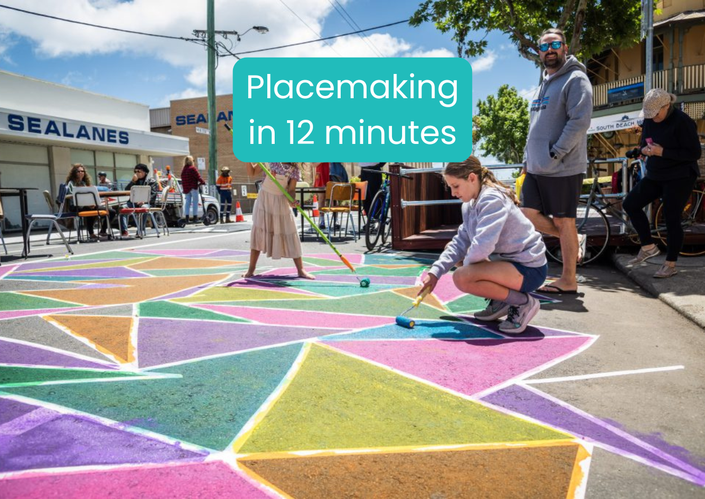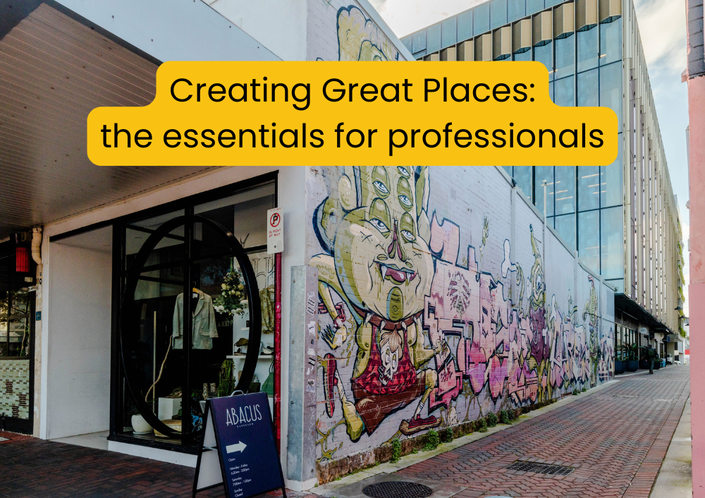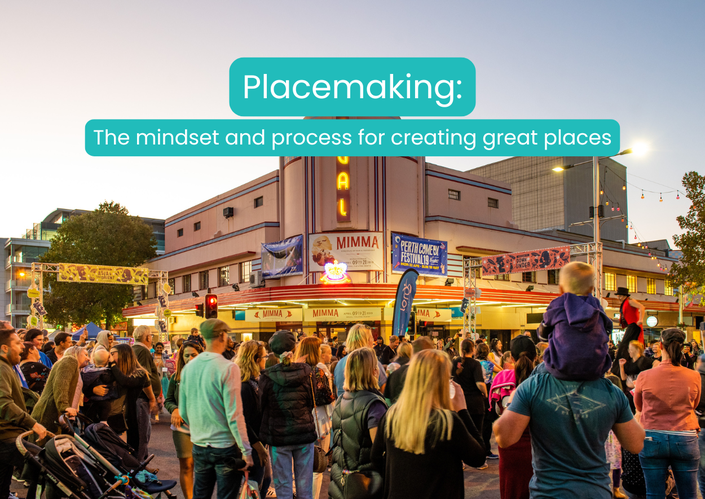Why is placemaking important?
Places shape who we are and how we behave
Places are important. They affect our identity, worldview, values, culture, speech, ideas, education, employment prospects, physical and mental health, life expectancy, wealth and happiness.

But, many places are unsafe, unsocial, uncomfortable and unhealthy. This has severe social, economic and societal consequences; from mental health through to struggling town centres.

Placemaking provides a practical, adaptable, cost-effective and implementable approach that can be tailored for each context, community and opportunities and challenges present in a place or city.
The real value lies in how it can:
- promote active citizenship
- create social habitats
- support a participatory democracy and reduce political polarization
-
lead to flourishing people and neighbourhoods

Placemaking doesn't provide all the answers upfront, but its principles and collaborative, iterative approach can help to discover and trial ideas in order to try to find potential answers that might be appropriate for the place.
Turning principles and ideas into action
Placemaking is all about action, but also who is involved and how it is done.
Each place and group of people are different. What works in one place may not be appropriate nor work in another place.
Our courses are packed full of inspiring and practical tactics, tips and lessons learned from a range of placemakers
with decades of experience. Investing time upfront in learning more will save a lot of time, stress and money
in the delivery of a future program or project.
These are some of the courses we offer, with all our courses and resources available via this webpage.






